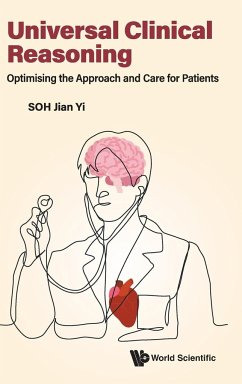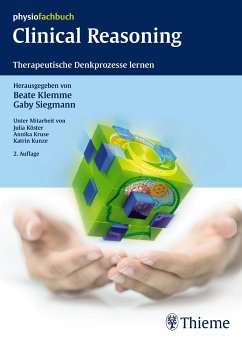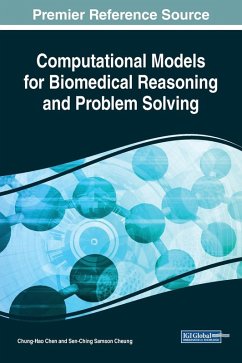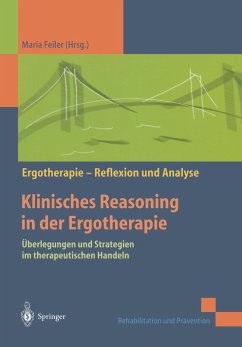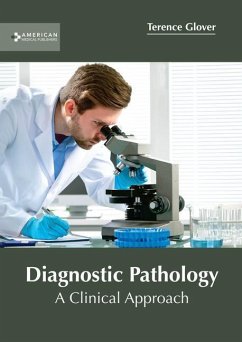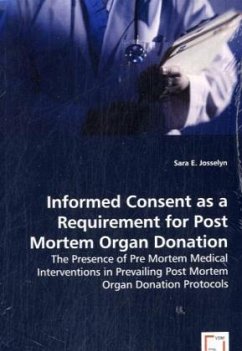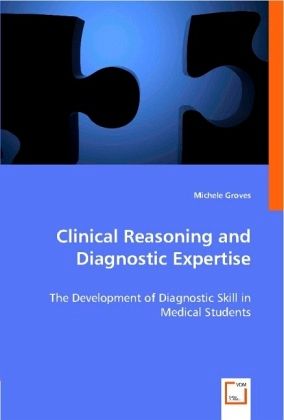
Clinical Reasoning and Diagnostic Expertise
The Development of Diagnostic Skill in Medical Students
Versandkostenfrei!
Versandfertig in 6-10 Tagen
52,99 €
inkl. MwSt.

PAYBACK Punkte
26 °P sammeln!
Diagnosis and its underlying clinical reasoning are central to medical practice. Formerly, both doctors and patients alike tended to view diagnosis as an art, an intuitive ability that could not be taught but that emerged only after extensive clinical experience. However in these days of public accountability, the ability of doctors to properly understand and diagnose patient problems is more crucial than ever. Concern for patient safety has led healthcare providers to campaign strongly to reduce levels of patient-related adverse events. Once, these were viewed as a regrettable but mostly unav...
Diagnosis and its underlying clinical reasoning are central to medical practice. Formerly, both doctors and patients alike tended to view diagnosis as an art, an intuitive ability that could not be taught but that emerged only after extensive clinical experience. However in these days of public accountability, the ability of doctors to properly understand and diagnose patient problems is more crucial than ever. Concern for patient safety has led healthcare providers to campaign strongly to reduce levels of patient-related adverse events. Once, these were viewed as a regrettable but mostly unavoidable consequence of the uncertainty inherent in medicine. But the evidence is that many are highly preventable. In particular, the level of diagnostic error, the second largest cause of adverse events overall, highlights both the importance of the diagnostic process in medical care and the need for universities and medical educators to graduate doctors with strong diagnostic and clinicalreasoning skills.This work explores the nature, role in diagnosis and development of clinical reasoning, and looks to apply the insights gained to undergraduate and postgraduate medical education.



